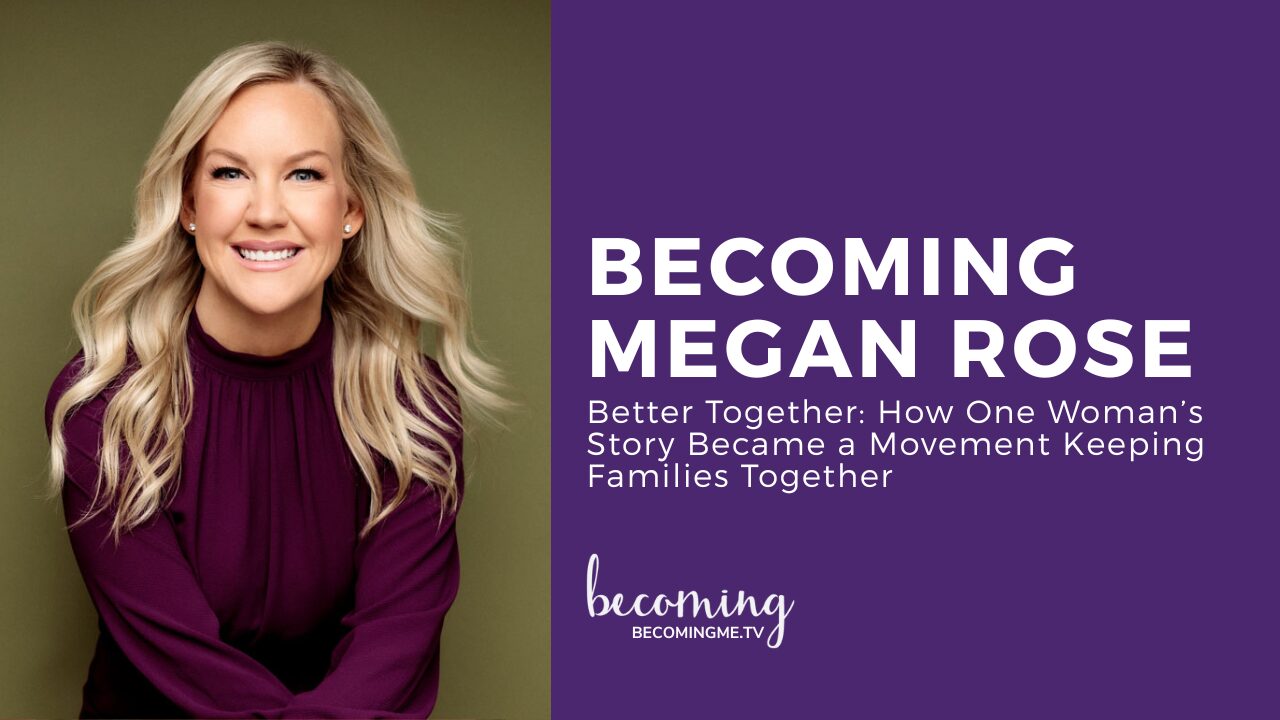A couple months after I’d broken up with my boyfriend, we were having a conversation online. He desperately wanted to spend more time together “as friends,” while I wasn’t interested in being close anymore. After going back and forth for what seemed like hours, he said words I now recognize were very important and very telling. “It’s not fair,” he said. “I want to be close to you, but you keep putting up walls.”
I wonder if he was hoping to make me feel guilty with that sentence. Instead, it had the opposite effect. I felt angry and ignored. His words made it very clear to me what was on his heart, and it wasn’t good. I was asking for appropriate boundaries; he was demanding that I give him more of myself and take the responsibility for his emotional wellbeing.
At the time, I’m not sure I understood why I found his words so gross. Up until that point, I’d thought I was being a loving Christ-follower by being available for that guy whenever he wanted my presence. I spent a long time believing that my heart and my future didn’t matter as long as I was “sacrificing” so he could be happy.
But now I understand why his and my mentalities were so wrong.
The “walls” he was running into were boundaries I finally started to maintain after we broke up, and they were very appropriate boundaries for a casual friendship between exes. He was upset because I stopped taking responsibility for his choices and his feelings.
Outside of the Word of God, Boundaries by Dr. Henry Cloud and Dr. John Townsend is the book that has made the biggest difference in my life. Here are a few basics I learned, and wish I’d known when I was dating that boundary-pushing guy, from the book and the principles inside:
Having good boundaries is like having a fence around our property line at home. We don’t get out the mower and go to town on the neighbor’s lawn because that’s not our property. We aren’t responsible for it. If the Homeowner’s Association fines our neighbor, we don’t have to pay the fine. Anything that lands outside of our property is beyond our control, and it’s not something we’re responsible to take over or take on.
When we have good, biblical boundaries we make great strides in guarding our greatest treasures: our hearts. Boundaries aren’t about keeping everything out (as my ex had accused me of doing). They’re about helping us see what we’re truly responsible for, so we can make choices to change the things that fall within our “property lines” (like our own feelings and attitudes) while releasing the rest.
If we don’t have good boundaries, it makes it much easier for unsafe people to worm their way into our lives and take advantage of us. Those of us who grew up in the church might even be targeted more often because we’ve been taught our entire lives to be kind. Kindness matters a lot, but some of us may have internalized the idea that we can’t be kind and stand up for ourselves at the same time. (That’s where I was.) When we have good boundaries, we realize it’s possible to be kind and assertive. We’re the only ones who are responsible for ourselves.
Boundary-pushers take all shapes and sizes. It’s not just something that happens in romantic relationships. Any time another person tries to take ownership of something that falls within my “property lines,” they’re pushing boundaries. It could look like a friend who wants to control the way we spend our time or a person who gives us the silent treatment if we tell them no. It could also mean that we over empathize with another person’s feelings. When we learn where our responsibilities begin and end, it helps us deal with boundary-pushers with more clarity, and it helps us identify boundary-pushing tendencies within ourselves.
Relationships are messy because people are messy. Nobody lives perfectly, managing all their relationships with love, grace, and responsibility all the time. The more we all learn how to relate to each other in emotionally healthy ways, the stronger and more enjoyable our relationships will become.
Before I read Boundaries, I was a wreck. Some days I’m still a wreck, but at least now I can call myself on it when I start taking too much responsibility for feelings or situations that really belong to other people instead.
If I could do an Oprah-style giveaway, this book would be the first thing I’d put into other peoples’ hands. (“You get a Boundaries book! And you get a Boundaries book!”) But since I don’t have as much money as Oprah (I’m a writer, after all), all I can do is recommend that you check out the book for yourself. There’s probably a copy at your local library, or you can buy it in any major bookstore or online. Here’s to healthier relationships and better boundaries!

